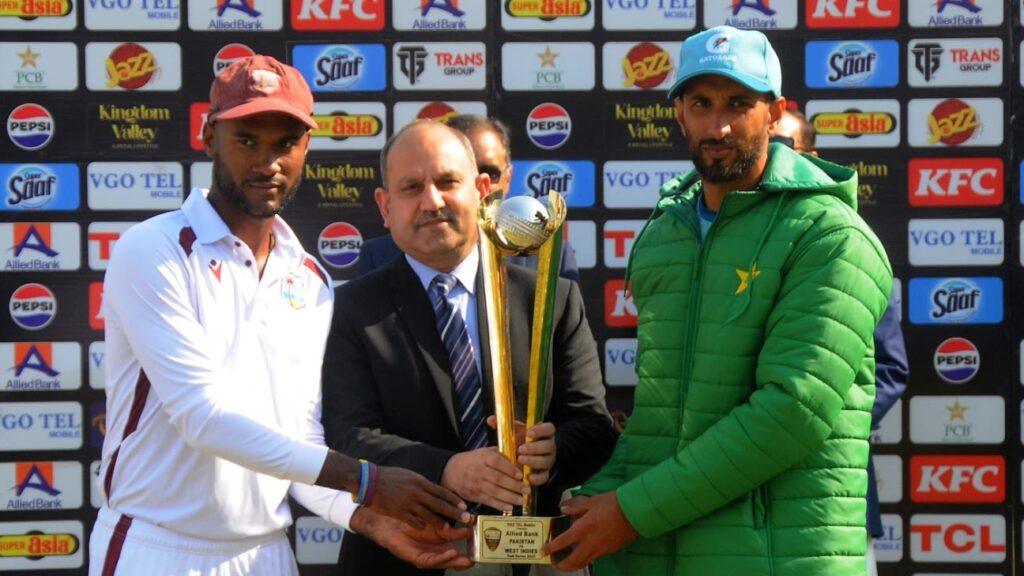“Remember cricket will be played like this,” he said. “We have already talked about this. The more we play, the better we get at it. We have shown encouraging signs. After the four games we have won three in these conditions. We dominated the first hour of the first day, which could have swung the game in our favor. It’s just about winning those key moments and making sure we match those conditions domestically and internationally.”
“It’s a game for all stakeholders. We should appreciate the players for throwing themselves into the dugout without facing these conditions. We know we haven’t played domestic cricket in these conditions. In some ways, it’s a kind of bravery to put off We practiced but it’s new to us but we have to replicate this in home cricket so we play in these conditions and get runs in them In the fourth innings anything over 150 is a competitive score where spinners will always have the advantage.”
An inevitable result of such surfaces is the large role played by the throw. All four times the side winning the toss has batted first and won three times. While Pakistan were able to flip that script against England in the series decider, West Indies’ win demonstrated once again how these pitches can tilt a game in favor of side bowling last.
However, it didn’t look that way as Pakistan bowled in the first hour, having reduced the West Indies to 54 for 8, and letting that situation slip through their fingers frustrated Masood most of all. “We didn’t get the result we wanted. The positive was when you bat first and you know the fourth innings is going to be tough. So you try to limit the opposition in the first innings. We bowled brilliantly for the first eight wickets. But we have talked about the first innings batting and bowling have to do well so you have the advantage in the third and fourth innings if you look at our batting and bowling and the mistakes we made together it was a crucial time because their last two wickets cost us dearly.
“Then we went with the bat from 119 for 4 to 154 all out. When those collapses happen and the other side puts on partnerships, they can set you back. If we had got them out early and got a 100-run lead, test match be completely different With test matches on these pitches you can’t wait to make a move because things are decided on day one and that’s where you can win or lose matches.
This is the end of a cycle, an unhappy cycle for Pakistan and for its leader. Pakistan have lost nine of their last 12 matches, all five away and four of seven at home. Despite starting with a crushing away win in Sri Lanka, they have finished bottom of the WTC table and will not play another Test for almost nine months.
Masood acknowledged that Pakistan had not lived up to expectations but did not think the side required a complete overhaul, pointing out that fine margins made the difference in this Test and could be worked on.
“The tail not getting wickets is an area of concern and we need to finish the sides quicker,” Masood said, echoing his frustrations in South Africa where the last two wickets that added too many runs cost them dearly in the first Test in Centurion. “Against Australia, who have the best tail in the world, we got them out cheaply, but not here or against Bangladesh or South Africa.
“Batsmen have been proactive but we need more contributions. You might not get hundreds here but 30s and 40s contribute to the winning conditions. Kraigg Brathwaite was an ideal example. He took the game on. A batsman has to to step up in these conditions, especially when the ball is new.
“It’s not about holding anybody accountable. This is not an accountability agency. This is a team effort. Our mistake as a team was the first two innings. That’s what set us back and gave the opposition a degree of freedom. If we had a 100-run lead, I don’t think they would have been able to play the way they did, we have to understand how games are going to be decided very quickly, right from day one.”
Danyal Rasool is Pakinomist’s Pakistan correspondent. @Danny61000



